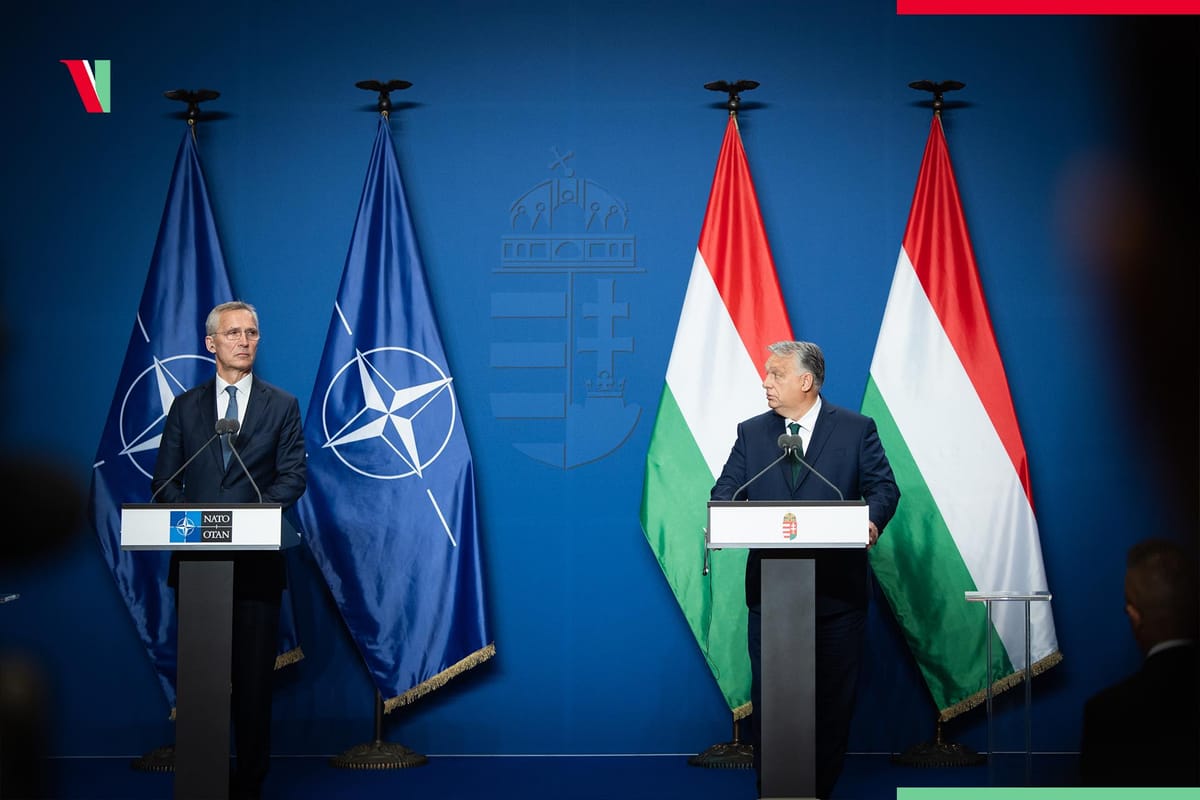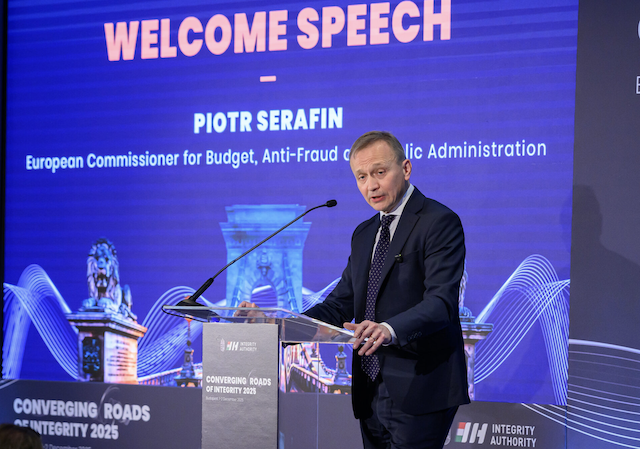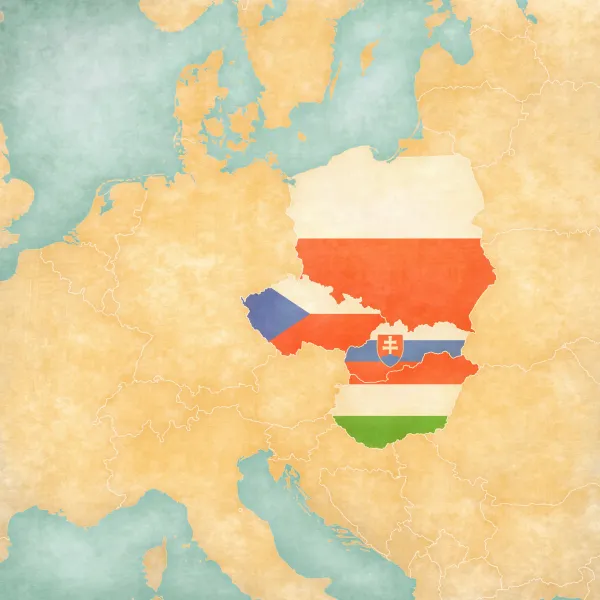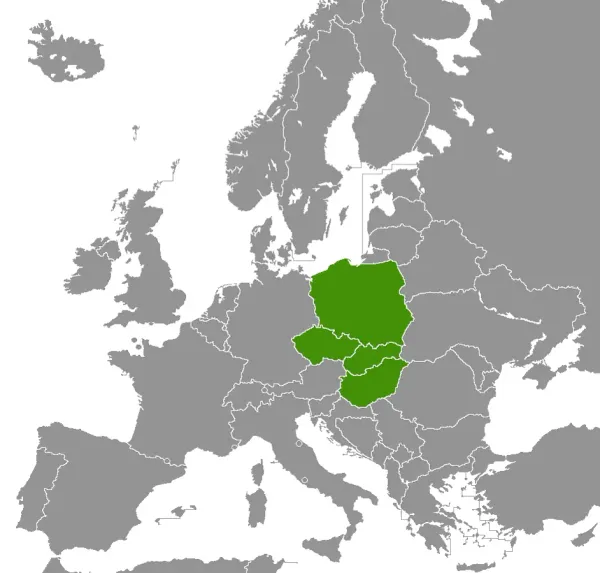
Hungary opts out of Ukraine but promises not to block support, as NATO chief visits Budapest
Hungary will not be obliged to participate in military actions outside its territory or send money or troops to Ukraine, Hungarian Prime Minister Viktor Orban said after he met NATO Secretary General Jens Stoltenberg in Budapest on Wednesday, 12 June, ahead of the treaty organisation’s Washington Summit next month.
Stoltenberg said NATO accepts Hungary’s non-participation in military or financial efforts towards supporting Ukraine, but that it would not block NATO’s efforts, after talks with Orban. He acknowledged Hungary’s leadership of a NATO multinational battlegroup; its hosting of military headquarters and its contributions to the KFOR peacekeeping mission in Kosovo.
“Prime Minister Orban has made it clear that Hungary will not participate in these NATO efforts and I accept this position,” Stoltenberg said. “At the same time, the prime minister has assured me that Hungary will not oppose these efforts, enabling other Allies to move forward, and he has confirmed that Hungary will continue to meet all of its NATO commitments in full,” he added.
Orban called Hungary a “loyal and committed member” of the defence alliance, noting that it currently has 1,300 troops participating in NATO missions, adding that its defence spending exceeds 2% of GDP. He said Hungary would not block NATO decisions “which could differ from the rational decisions based on our assessment of the situation, but which other member states share and support”.
The NATO chief said he expects agreement on a leading NATO role in coordinating and providing security assistance and training for Ukraine, as well as a long-term financial promise for military support, at the alliance treaty’s summit in Washington DC in July.





